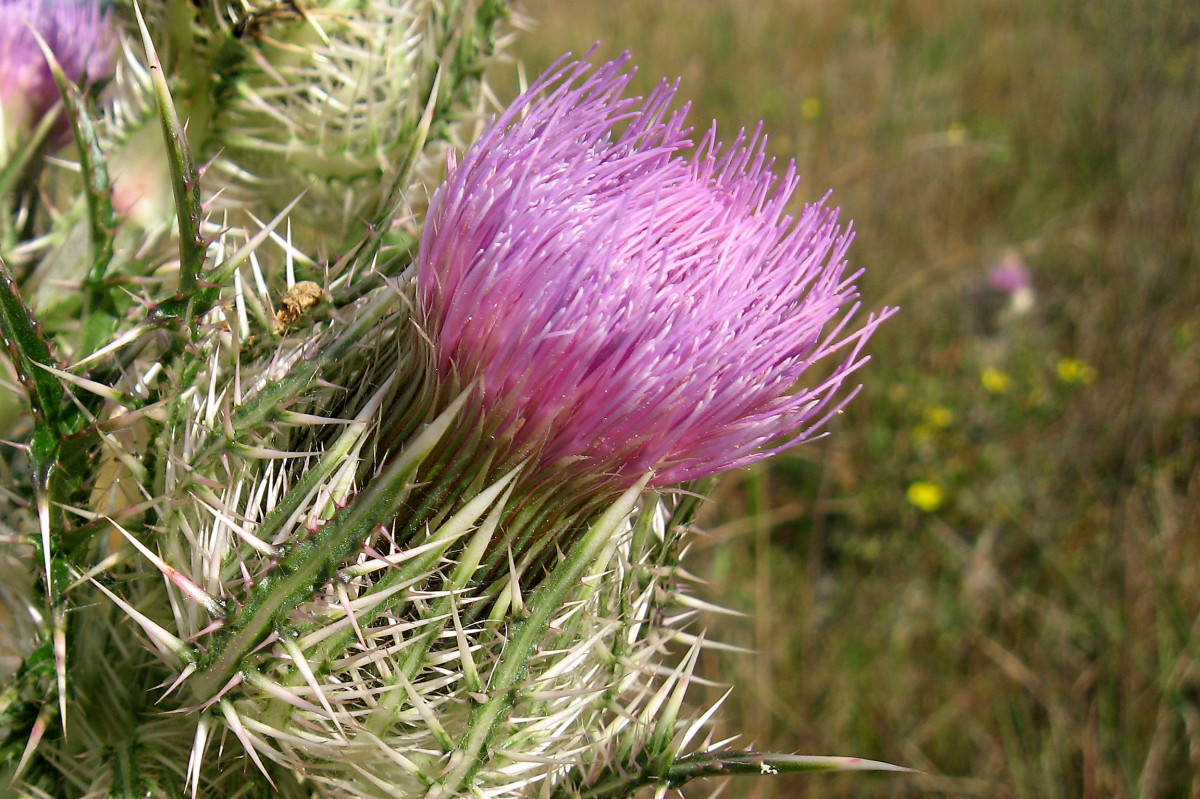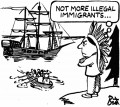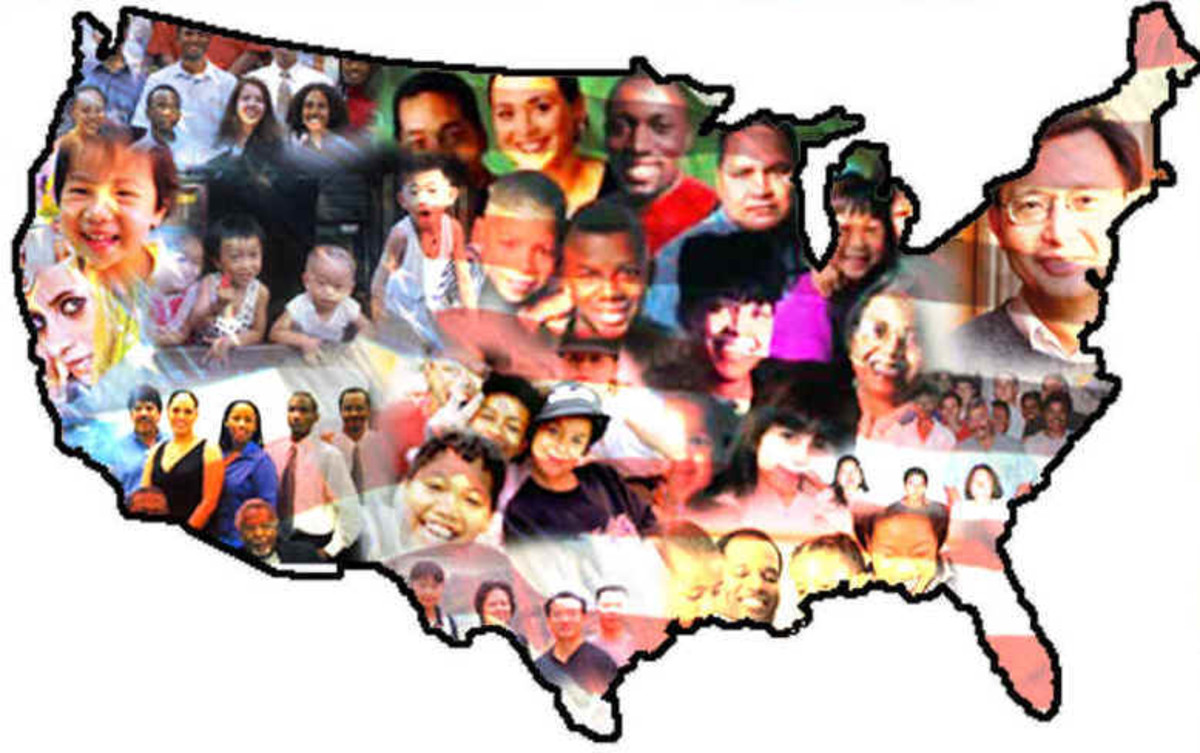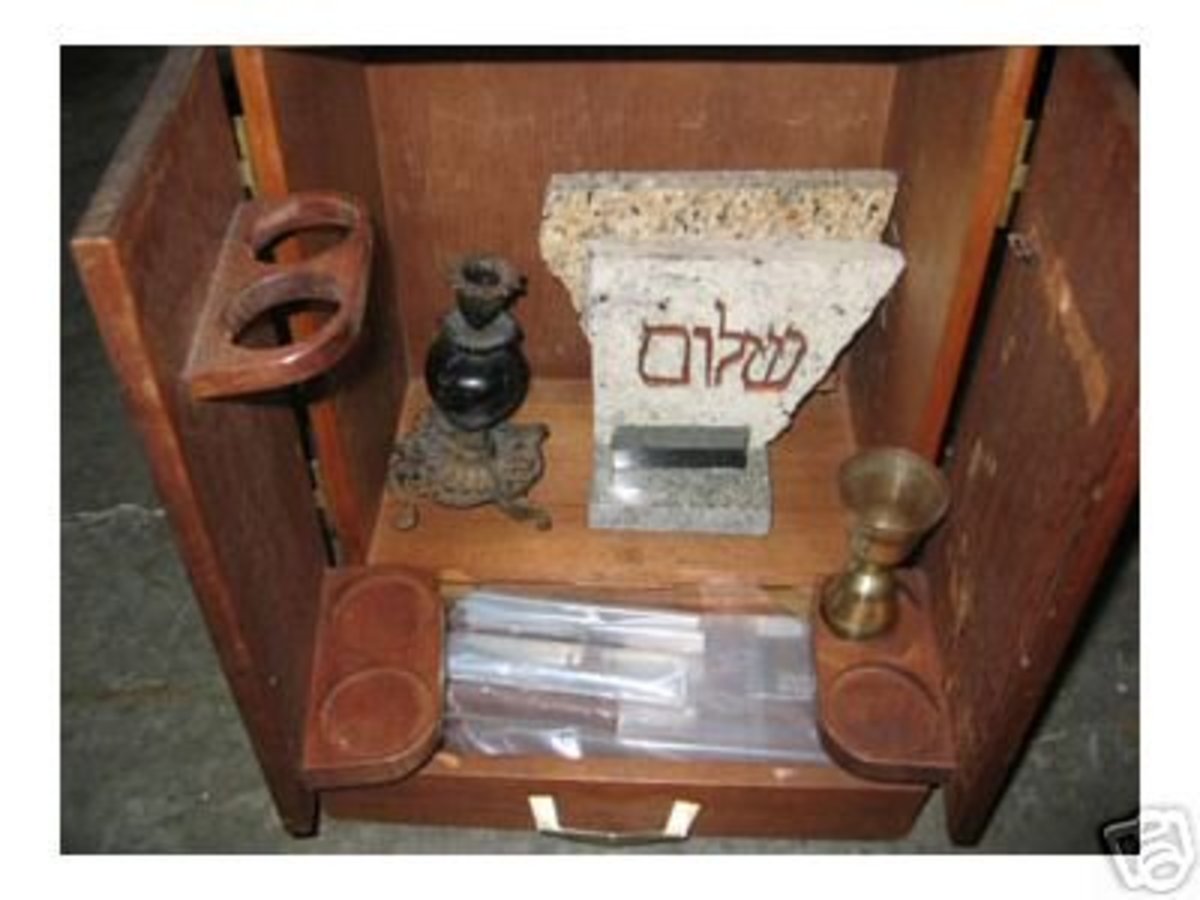Scotch-Irish Immigration to America
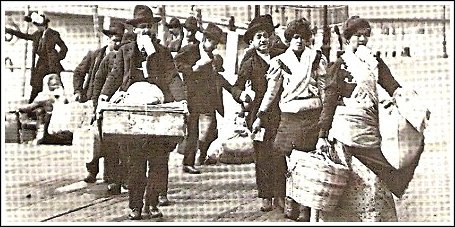
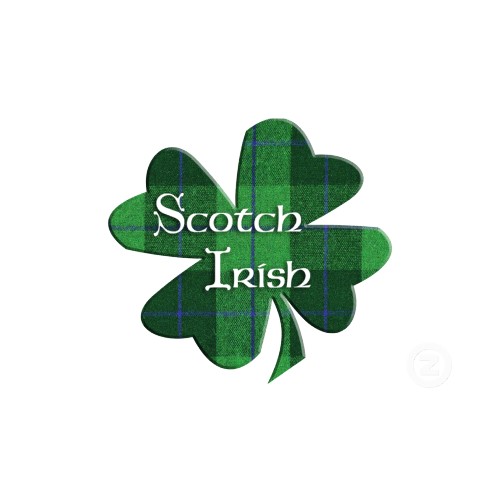
Some say the first Scots in the Americas were two slaves around 1010 during the time of Eric the Red on an Icelandic expedition to Vinland led by Thorfinn Karlsefni. The two were left there overnight to see if it was safe to establish a Norse settlement. They survived and most historians believe it’s the settlement found at L’Anse aux Meadows.
Although some claim a Scottish nobleman, Henry Sinclair, 1st Earl of Orkney, explored North America in the 14th century. But in any case, the first documented Scottish settlement in the Americas was in Nova Scotia in 1629.
It’s generally accepted the first Scots began arriving on American shores in the very early 1600s. Many more were to follow during the English Civil War (1642–1651) and the Catholic’s Jacobite rising of 1745.
They came for various reasons. Economic hardships and religious persecution were a few reasons. Some arrived with British Army regiments and decided to remain. Others came of their own free will.
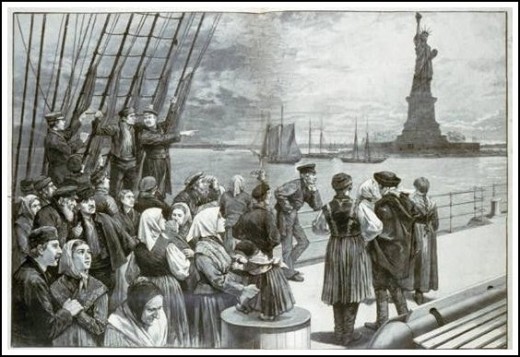
Some came as a result of England purging their prisons whether they wanted to come or not. They may have been political prisoners, rebels, murderers or just petty thieves. Others came out of desperation. They had no hope of bettering their lives in a British Class system which kept them mired in poverty. Scots who had immigrated to Northern Ireland in the 1500s also immigrated to America in the early 1700's. They were referred to as the "Scotch-Irish" and comprised the vast majority of Scottish Colonists to come to America.
In America they all saw an opportunity to start anew. Since most had little money most came as indentured servants. They would sign a contract with a person willing to pay their passage. The typical contract called for a period of 7 years. The early Scotch-Irish colonists arriving in the first half of the 1600's tended to prefer colonies south of the New England states up until the Revolutionary war. However, many did settle in the original thirteen American colonies including a significant number at the Massachusetts Bay Colony. See:http://jy3502.hubpages.com/hub/The-Puritans-Massachusetts-Bay-Colony
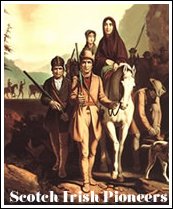
The first notable arrival of Scotch-Irish to America was a group led by Rev. James McGregor hailing from County Londonderry in 1718. They arrived at Boston but most moved on to New Hampshire, where they established the town of Londonderry. The Scotch-Irish most often arrived in family groups or as part of a larger Presbyterian congregation.
However, their troubles were not over once they arrived. Initially, they were looked down on by immigrants from other countries such as the English, Dutch and Germans. They were viewed as uncivilized and lazy, although held in high regard as military combatants. And for that reason many were sent west to become Indian fighters. They quickly dispelled any notions of being uncivilized and lazy.
From 1763 to 1775 an estimated 55,000 Scotch-Irish from Ulster and 40,000 Scots arrived in America. They established several small colonies in East Jersey and South Carolina. These colonies were mostly made up of Quakers and Presbyterians who had experienced religious persecution by the Episcopalian Church of Scotland. Many Scotch-Irish later mass migrated to the New World because of the 1840s Potato Famine.
But the majority preferred Pennsylvania and states southward along the eastern seaboard to Georgia. Many Scotch-Irish Presbyterians opted for the religious freedom of William Penn's colony near Philadelphia in the 1720s because of clashing doctrinal differences within the New England Congregations. Eventually, they began migrating westward taking along their traditions which quickly became interwoven into the fabric of American culture.
The contributions Scotch-Irish has made to American culture are many. But, of particular note was their music, especially fiddle-music which later evolved into what is known today as "bluegrass," unique to the Appalachian regions.
If not for the Scotch-Irish, America might still be a British colony. In fact, there were a number of Scotsmen who signed the Declaration of Independence.

